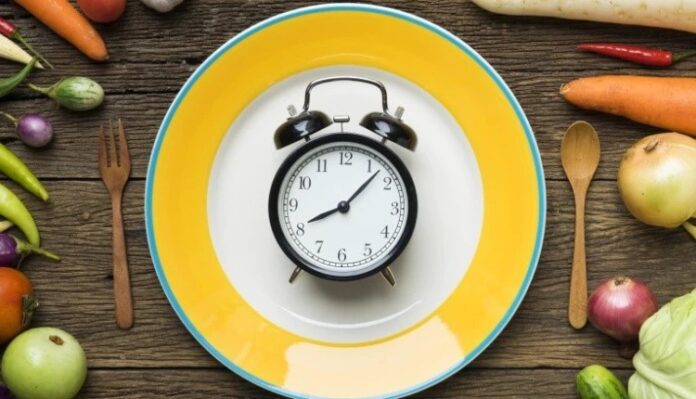Introduction
Breakfast is often considered to be an essential meal of the day. A nutritious breakfast can help to set you up for the day ahead, providing you with the energy and nutrients you need to get going.
Lunch is also an important meal, providing you with a chance to refuel after a morning of activity. A healthy lunch can help to improve your concentration and energy levels in the afternoon. Dinner is the final main meal of the day and can be a good opportunity to wind down and relax after a busy day. A nutritious dinner can also help you to sleep better at night.
So when is the perfect time to have each of these meals? It depends on your lifestyle and preferences, but here are some general guidelines:
At what time should you have your meals?
Breakfast provides the body with energy and nutrients after an overnight fast. It also helps to kick-start the metabolism for the day ahead. Ideally, breakfast should be eaten within one to two hours of waking up. This means that if you wake up at 7 am, you should aim to have breakfast by 9 am at the latest.
Lunch is typically eaten around noon or 1 pm. This gives the body time to digest and top up its energy levels before afternoon activities.
Dinner is usually the last main meal of the day, eaten between 6 pm and 8 pm. Eating dinner too late can disrupt sleep, so it’s best to avoid having it less than three hours before bedtime.
How to make time for each meal?
Assuming you have a 9-5 job, the perfect time to have your meals are as follows:
Breakfast: 8 am-9 am
Lunch: 12 pm-1 pm
Dinner: 6 pm-8 pm
Of course, these times may differ slightly based on your work schedule, but the general idea is to have breakfast as soon after waking up as possible, lunch in the noon, and dinner at the end of the day. If you can’t fit all three meals into your day, don’t worry – just make sure you’re getting something nutritious into your body at each mealtime.
Why it’s important to have all three meals?
It is important to have all three meals because it helps to regulate your blood sugar levels. When you have breakfast, lunch and dinner, your body is able to better process the food and convert it into energy. Having all three meals also helps to prevent overeating and keeps you feeling fuller for longer. When you skip a meal, you tend to binge eat during your next meal. It is important to eat nutrient-dense foods. An ideal plate should contain a source of protein, vegetables and some carbs.
Eating energy-giving foods and foods rich in nutrients is highly important if you are trying to lose weight as it helps with the metabolism. Skipping a meal does not equal weight loss in fact it may cause unnecessary side effects or make your body store fat. Eating healthy meals and including some type of movement in your daily activity will help you increase your metabolism and health.
Conclusion
Eating at the right times is key to maintaining a healthy lifestyle. Breakfast, lunch and dinner should be spread out evenly throughout the day in order for your body to get all of the necessary nutrients it needs. Not only is this important for physical health but eating regular meals can also help with mental clarity and emotional stability as well. With some planning and self-discipline, you can easily adjust your meal schedule to ensure that you are getting adequate nutrition at breakfast, lunch and dinner each day.


